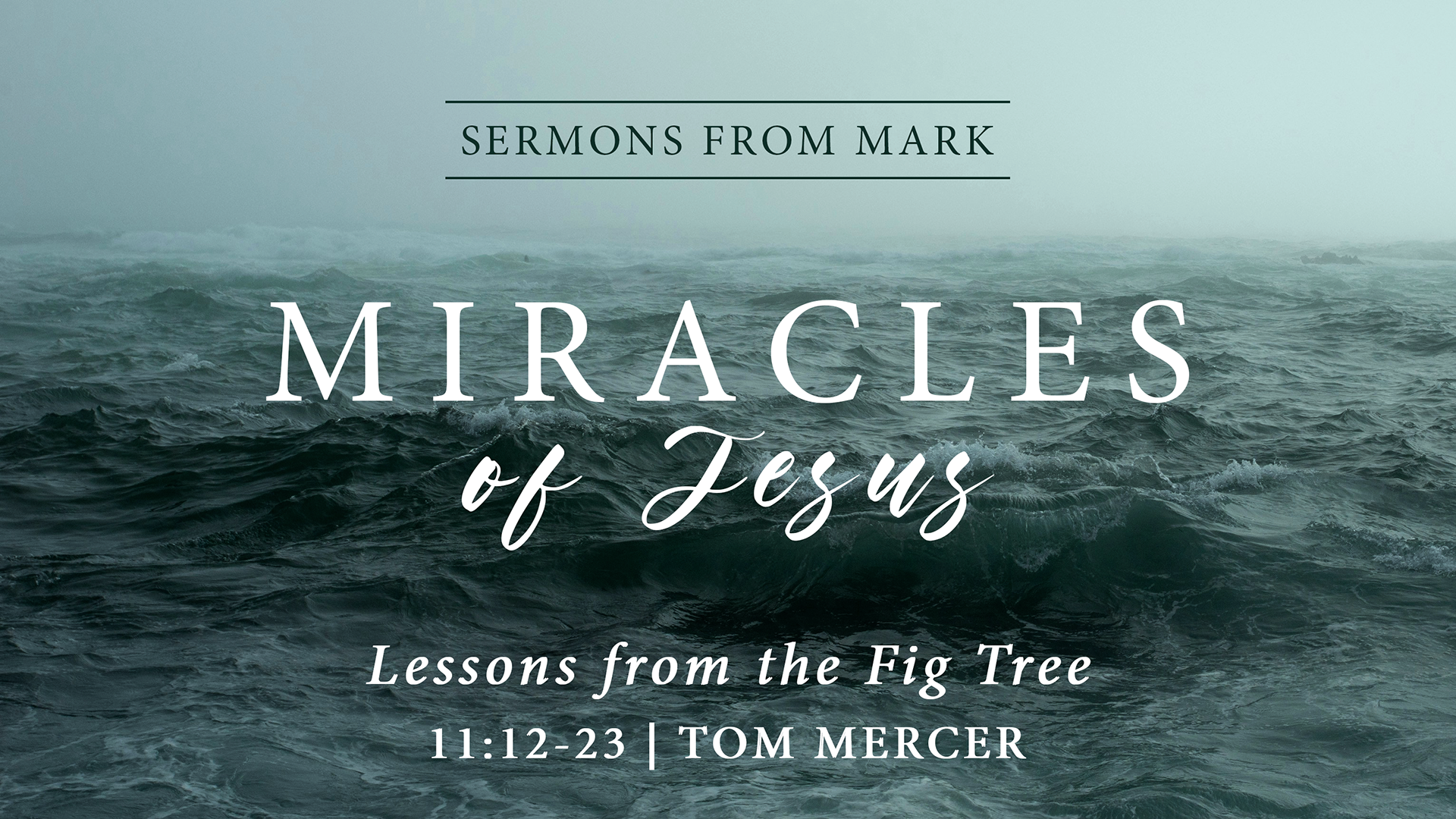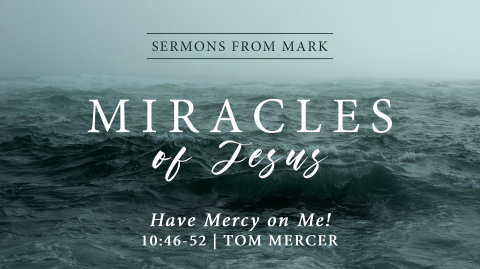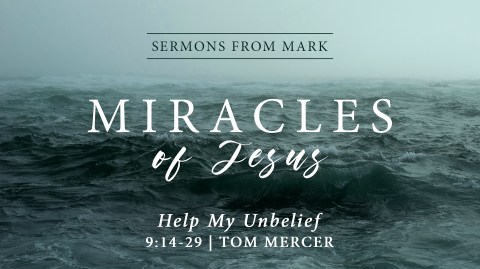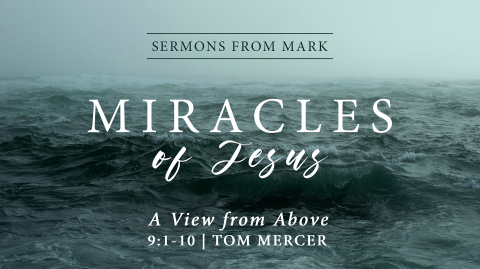Prepare for Sunday morning worship by using the guide below.
Mark 11:12-23
12 On the following day, when they came from Bethany, he was hungry. 13 And seeing in the distance a fig tree in leaf, he went to see if he could find anything on it. When he came to it, he found nothing but leaves, for it was not the season for figs. 14 And he said to it, “May no one ever eat fruit from you again.” And his disciples heard it.
15 And they came to Jerusalem. And he entered the temple and began to drive out those who sold and those who bought in the temple, and he overturned the tables of the money-changers and the seats of those who sold pigeons. 16 And he would not allow anyone to carry anything through the temple. 17 And he was teaching them and saying to them, “Is it not written, ‘My house shall be called a house of prayer for all the nations’? But you have made it a den of robbers.” 18 And the chief priests and the scribes heard it and were seeking a way to destroy him, for they feared him, because all the crowd was astonished at his teaching. 19 And when evening came they went out of the city.
20 As they passed by in the morning, they saw the fig tree withered away to its roots. 21 And Peter remembered and said to him, “Rabbi, look! The fig tree that you cursed has withered.” 22 And Jesus answered them, “Have faith in God. 23 Truly, I say to you, whoever says to this mountain, ‘Be taken up and thrown into the sea,’ and does not doubt in his heart, but believes that what he says will come to pass, it will be done for him.
Watch the Sermon
Summary: In this final sermon on Miracles in the book of Mark, we will explore a unique miracle in Mark 11:12-23. On His short trek to Jerusalem from Bethany, Jesus in his hunger sought fruit on a fig tree, but found none. In response, he curses the tree, which withers and dies. This miracle is an outlier among Jesus' works because instead of being restorative (e.g. giving sight to the blind, cleansing a leper, etc.), this miracle is destructive in nature. Rather than an example of the Christ being "hangry", this miracle serves as a parable of judgement against Israel and her fruitlessness. This judgement on Israel is then enacted in the cleansing of the temple before Christ encourages his disciples towards faith in Him in contrast with the faithlessness of Israel. In this text, we see that apart from reliance on Christ, we can do nothing. We also see that our Savior is both kind and severe (Romans 11:22). Jesus righteously condemns fruitlessness, but gives His kingdom to little children such as us who should receive it with awed gratefulness to the Lord.
Review & Apply
How does the context of Jesus entering Jerusalem & cleansing the temple help clarify the purpose of this miracle?
Why did Jesus curse the fig tree if it was not the season for figs? (Mk 11:13)
How often do we evaluate our spiritual lives? Are we overly-comfortable or overly-scrupulous?
How can we involve others in assessing our spiritual vitality? What are the benefits of being vulnerable with your brothers and sisters in Christ?
Does our anger reflect God's heart or our own desires?
What is the connection in our lives between faith and fruitfulness?
Give
If you would like to give online CLICK HERE. For all things come from you, and of your own have we given you. (1 Chronicles 29:10-18)





